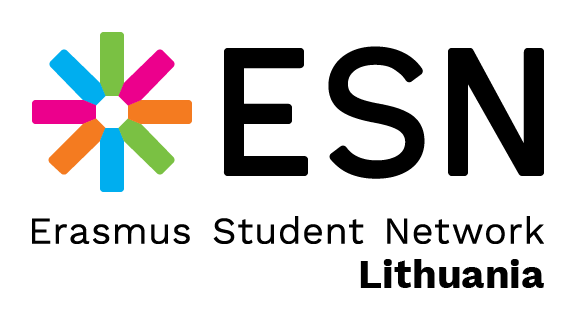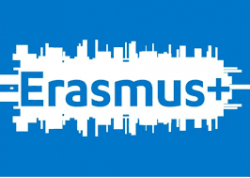Erasmus+ is the new EU programme for education, training, youth and sport that will replace the Lifelong Learning Programme (Leonardo, Comenius, Grundtvig, Erasmus and Jean Monnet actions), Youth in Action and five other international programmes starting from 2014.
This new programme will focus on formal and informal learning across EU borders to improve the skills and employability of students, educators and workers. It will reflect the priorities of the Europe 2020 strategy and its flagship initiatives.The European Commission is proposing a budget that is almost 70% higher than the current budget with an increase in the number of projects and in flat-rate grants, in order to simplify the management of the programme. This is under negotiation now and will be finally approved by this Autumn.
Coming to the structure, Erasmus+ will be an integrated programme, based around Key Actions rather than sectors of education. These will be: Learning Mobility, Co-Operation and Policy Reform.
Key Action 1 will promote learning opportunities for individuals, within the EU and beyond, including: study and training, traineeships, teaching and professional development and non-formal youth activities such as volunteering.
Key Action 2 will provide direct opportunities for stakeholders to make new peer learning experiences and exchanges of practices through partnerships within and across countries and sectors, but also to benefit from the other two Key Actions (Mobility and Policy reform) and build bridges between Erasmus+ and other national or European programmes, in particular the European Structural and Investment Funds.
Key action 3 will support for policy reform in Member States and cooperation with non-EU countries, with a focus on strengthening the evidence-base for policy making and exchange of good practices. Support will include the implementation of EU transparency tools, cross-country studies and support for specific policy agendas.
The European Civil Society Platform on Lifelong Learning (EUCIS-LLL) gathering 33 European networks working in education and training has launched a survey on how they can contribute to reforms. The outcome will serve as an input during the Education, Training and Youth Forum “Working together for Reforms”.
More information You can find here: http://www.smpf.lt/en


Follow us